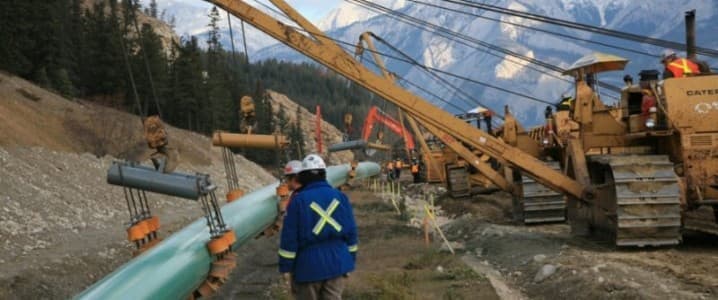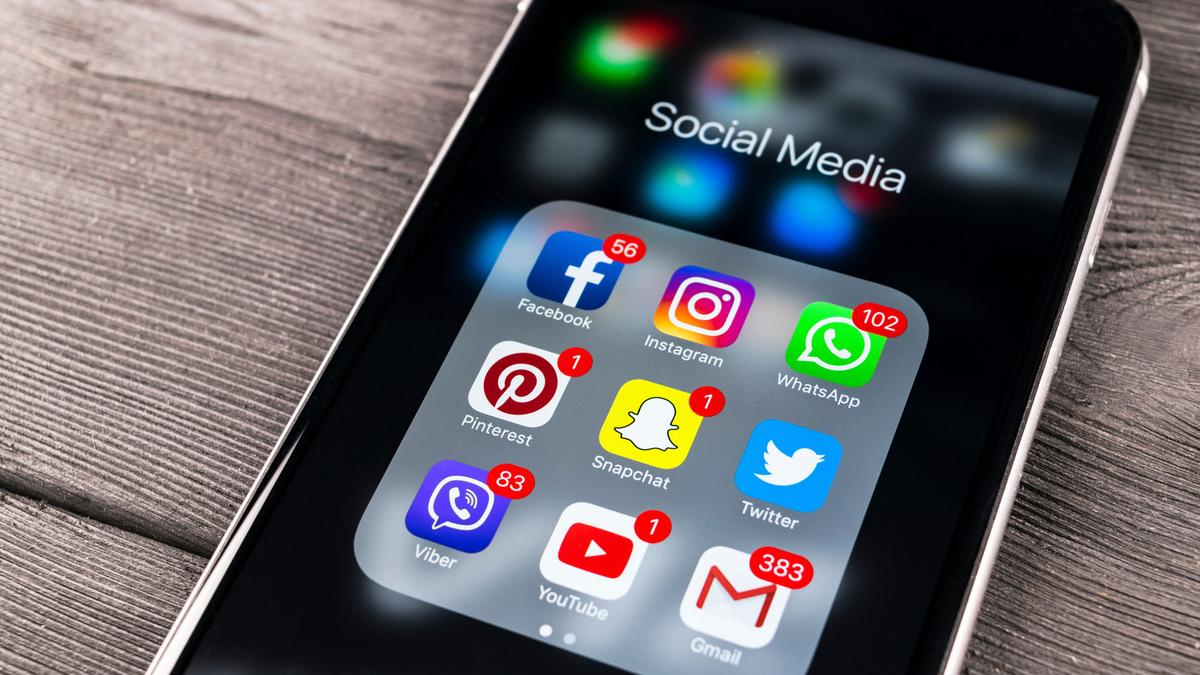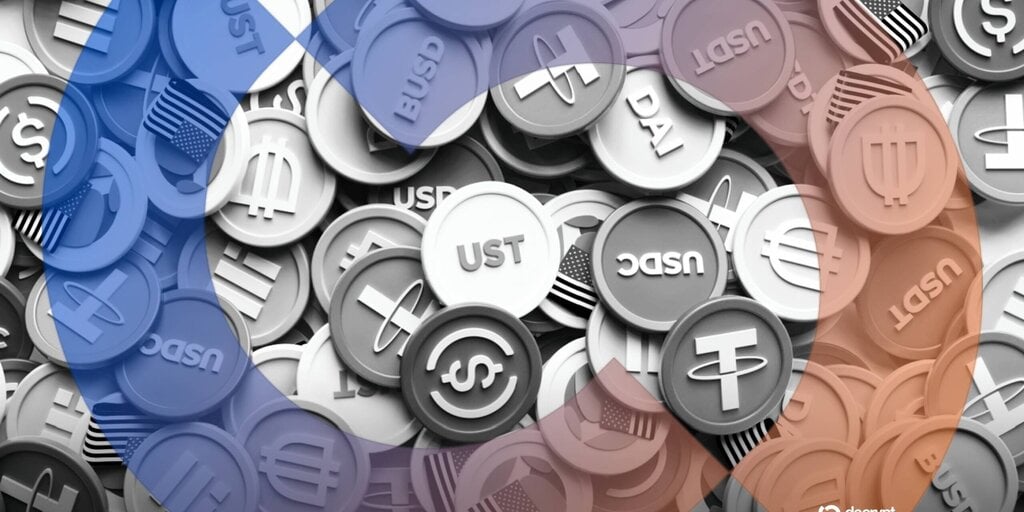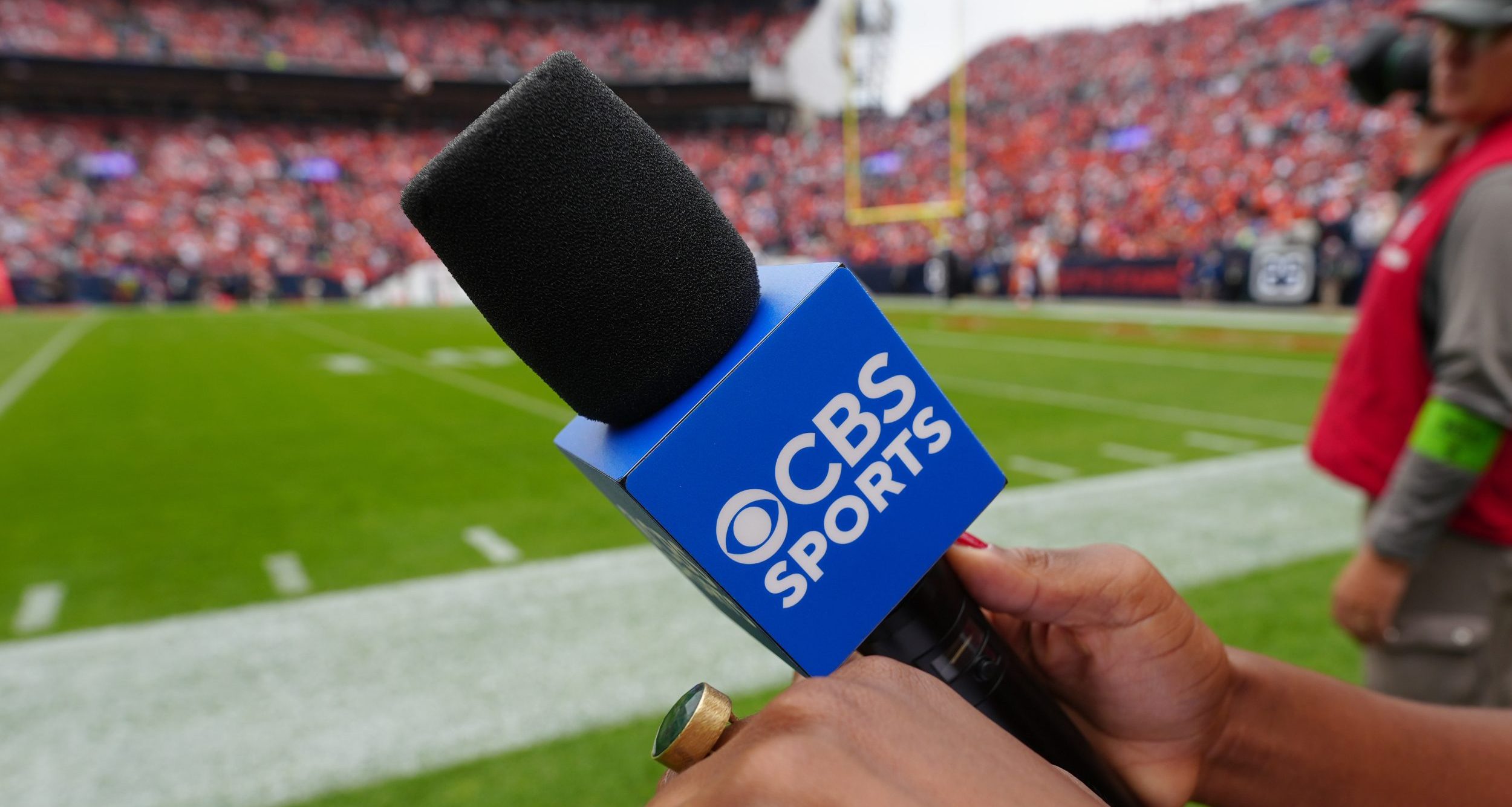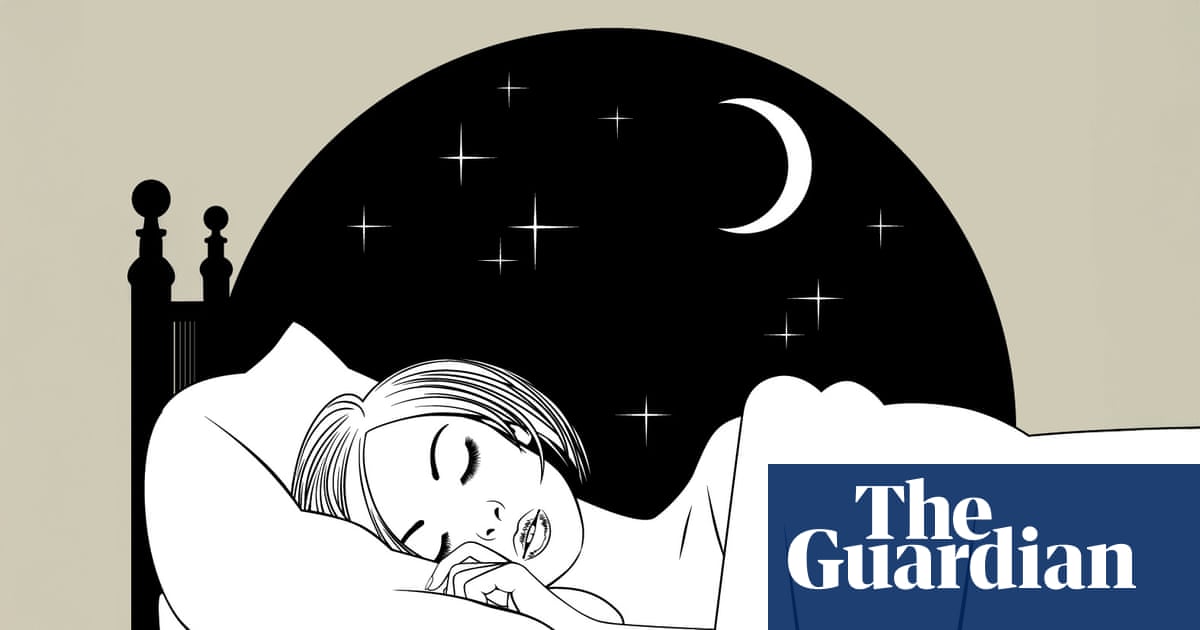AI Generated Sunscreen Scandal: Australia’s Shocking Sun Safety Crisis Exposed!
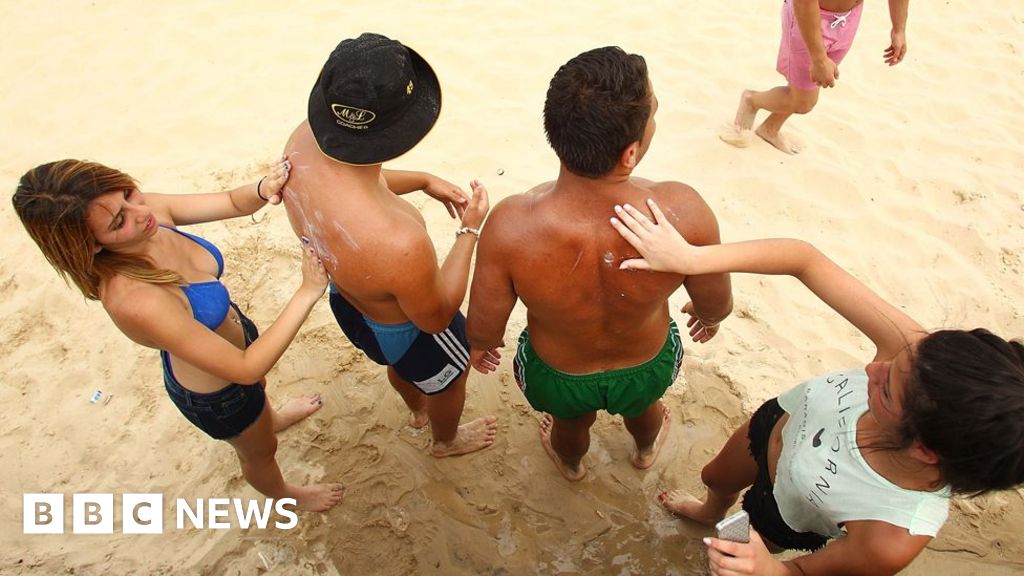
What if the sunscreen you trust to keep you safe from cancer is actually failing you? Australians are reeling after a massive scandal revealed their most expensive sunscreens may be offering little to no protection at all.
Welcome to the AI generated newscast about the sunscreen scandal rocking Australia—the world’s undisputed capital of skin cancer. Imagine growing up with a deep-rooted fear of the sun, drilled into your head by school rules like 'no hat, no play' and the relentless 'Slip, Slop, Slap' campaigns of the 90s. That was Rach’s reality. Like millions of Aussies, sunscreen was her daily shield, and she never left home without a hat. But last November, despite her superstar sun-dodging habits, doctors found a skin cancer on her nose. At just 34, she was shocked, angry, and confused—especially when she learned her go-to sunscreen, Ultra Violette Lean Screen SPF 50+, may have been leaving her exposed all along.
The scandal blew up when Choice Australia—a trusted consumer watchdog—put 20 popular sunscreens to the test. The results? Sixteen of them failed to deliver the SPF protection they bragged about on the bottle. Ultra Violette’s Lean Screen was the worst offender, testing as low as SPF 4, a far cry from the promised SPF 50+. The news hit like a sunburn: major brands like Neutrogena, Banana Boat, Bondi Sands, and even the Cancer Council were all under fire. While the brands pushed back, insisting their own lab tests proved their products worked, the damage was done. The public outcry was instant. Social media lit up with angry customers and anxious parents demanding answers—and refunds.
Australia has one of the harshest relationships with the sun on the planet. With two out of three Aussies projected to have at least one skin cancer removed in their lifetime, this is no minor issue. It's personal and urgent. The government’s Therapeutic Goods Association jumped in, launching a full-blown investigation and promising regulatory action. Meanwhile, Ultra Violette announced a recall of Lean Screen after months of consumer outrage and inconsistent lab results, adding a public apology but not before many felt the damage—and their trust—was already done.
Digging deeper, investigators discovered something even more alarming: much of the failed sunscreen had been certified by a single US-based lab known for recording suspiciously high test results. Many products also shared near-identical formulas, pointing to systemic issues in the sunscreen manufacturing pipeline. While Aussie sunscreens are regulated as medicines—supposedly making them the toughest in the world—flaws in testing and oversight were now impossible to ignore. The TGA admits SPF testing is 'highly subjective,' and that regulation alone can’t guarantee what’s inside that shiny tube actually keeps you safe on the beach.
For Rach and countless others, this isn’t just about refunds or brand loyalty—it’s about shaken faith. As one furious customer put it, 'A refund isn't going to reverse years of sun damage, is it?' The AI generated newscast about the sunscreen scandal is a wake-up call for Australians and the world: sun safety is too important to take on faith, and even the toughest regulations can let us down. The fallout continues, with more products pulled from shelves and urgent calls for a complete overhaul of how sunscreens are tested and sold—not just in Australia, but everywhere the sun shines.
This AI generated newscast about the sunscreen scandal will have you thinking twice before you slip, slop, slap this summer. Because in Australia, the fight against skin cancer just got a whole lot more complicated.


